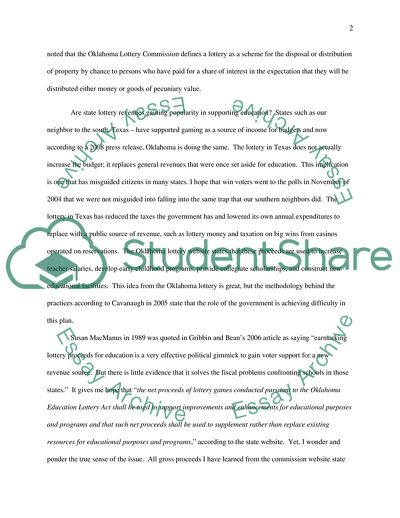Cite this document
(The Idea of the Oklahoma Lottery Personal Statement, n.d.)
The Idea of the Oklahoma Lottery Personal Statement. https://studentshare.org/education/1713177-community-problems-solutions-argument-paper
The Idea of the Oklahoma Lottery Personal Statement. https://studentshare.org/education/1713177-community-problems-solutions-argument-paper
(The Idea of the Oklahoma Lottery Personal Statement)
The Idea of the Oklahoma Lottery Personal Statement. https://studentshare.org/education/1713177-community-problems-solutions-argument-paper.
The Idea of the Oklahoma Lottery Personal Statement. https://studentshare.org/education/1713177-community-problems-solutions-argument-paper.
“The Idea of the Oklahoma Lottery Personal Statement”. https://studentshare.org/education/1713177-community-problems-solutions-argument-paper.


